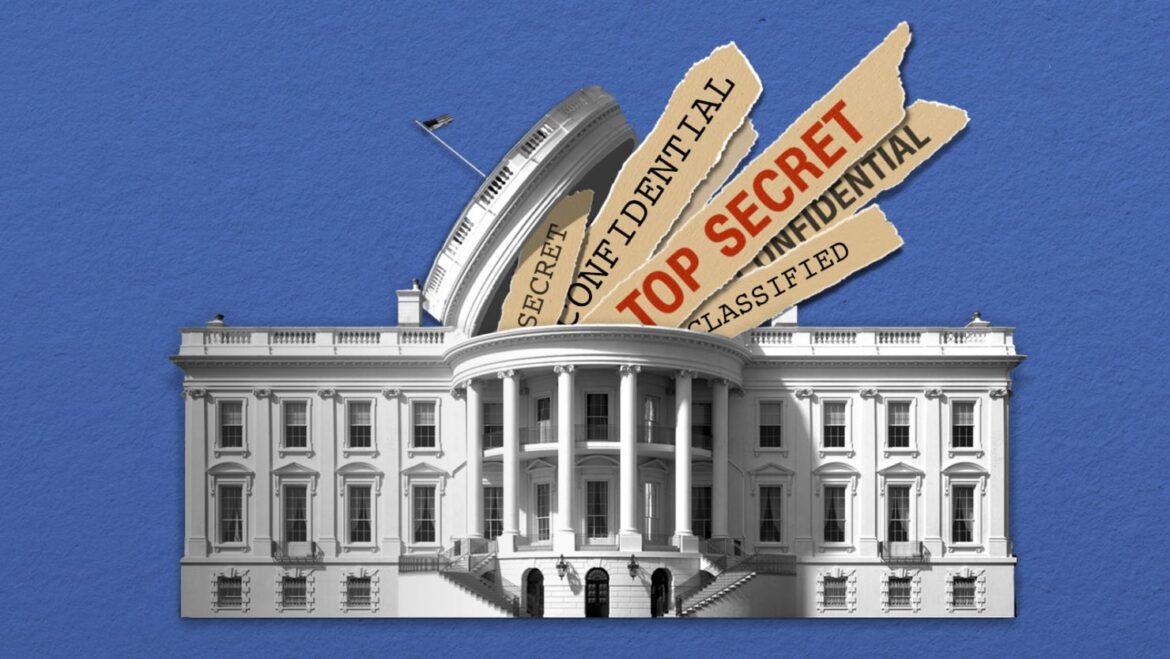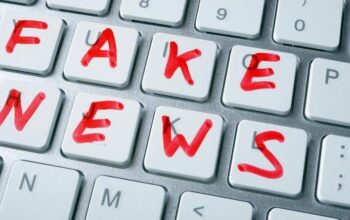Throughout history, governments worldwide have engaged in secrecy, withholding crucial information from their citizens. While some secrecy is necessary for national security, many government cover-ups involve scandals, corruption, and hidden agendas that, if exposed, could change the course of history.
1. Historical Cover-Ups: Lies That Shaped the World
Many government cover-ups have come to light years after they occurred. Some of the most infamous cases include:
Watergate Scandal (1972-1974): The Nixon administration attempted to cover up illegal activities, including spying on political opponents. The truth only emerged from investigative journalism, leading to President Nixon’s resignation.
Tuskegee Syphilis Experiment (1932-1972): The U.S. government deliberately withheld treatment from African American men infected with syphilis to study the disease’s effects, only admitting to the inhumane experiment after 40 years.
Iran-Contra Affair (1980s): The U.S. secretly sold weapons to Iran and used the proceeds to fund Nicaraguan rebels, violating its laws. The scandal only surfaced through leaks and investigations.
These are just a few examples of how governments have manipulated public perception by suppressing the truth.
2. What Are Governments Hiding Today?
Modern governments continue to engage in questionable secrecy. Some areas where cover-ups are suspected include:
Surveillance and Privacy Violations: Whistleblowers like Edward Snowden revealed that intelligence agencies such as the NSA were conducting mass surveillance on citizens without their knowledge.
UFO and Extraterrestrial Research: Governments have long dismissed UFO sightings, but recent declassified documents suggest that unexplained aerial phenomena have been monitored in secret for decades.
Pandemic Origins and Public Health Information: The origins of COVID-19 remain a subject of debate, with accusations of governments withholding critical information about the virus’s initial outbreak.
War Crimes and Military Operations: Many military actions are conducted secretly, with details emerging only years later. From drone strikes to secret prisons, governments often hide controversial military activities.
3. Why Do Governments Engage in Cover-Ups?
There are several reasons why governments choose to suppress information:
Maintaining Public Order: Officials argue that some truths could cause mass panic or civil unrest.
Protecting Political Power: Scandals and corruption can destroy political careers, so cover-ups help leaders stay in control.
Economic and Corporate Interests: Governments sometimes hide information that could hurt businesses, such as environmental hazards or financial crises.
National Security: Some secrets are justified to protect citizens from external threats. However, this can be an excuse to suppress inconvenient truths.
4. Can We Ever Know the Full Truth?
The rise of investigative journalism, whistleblowers, and independent media has helped uncover some government lies, but many secrets remain buried. Declassified documents, leaks, and persistent questioning by the public are essential in holding governments accountable. However, countless others likely remain hidden for every scandal that is exposed.
Conclusion: Trust but Verify
While some government secrecy is necessary, history has proven that cover-ups often involve deception, corruption, and power manipulation. In an age of misinformation, questioning official narratives is not just healthy—it’s essential. The more people demand transparency, the harder it becomes for governments to hide the truth.




